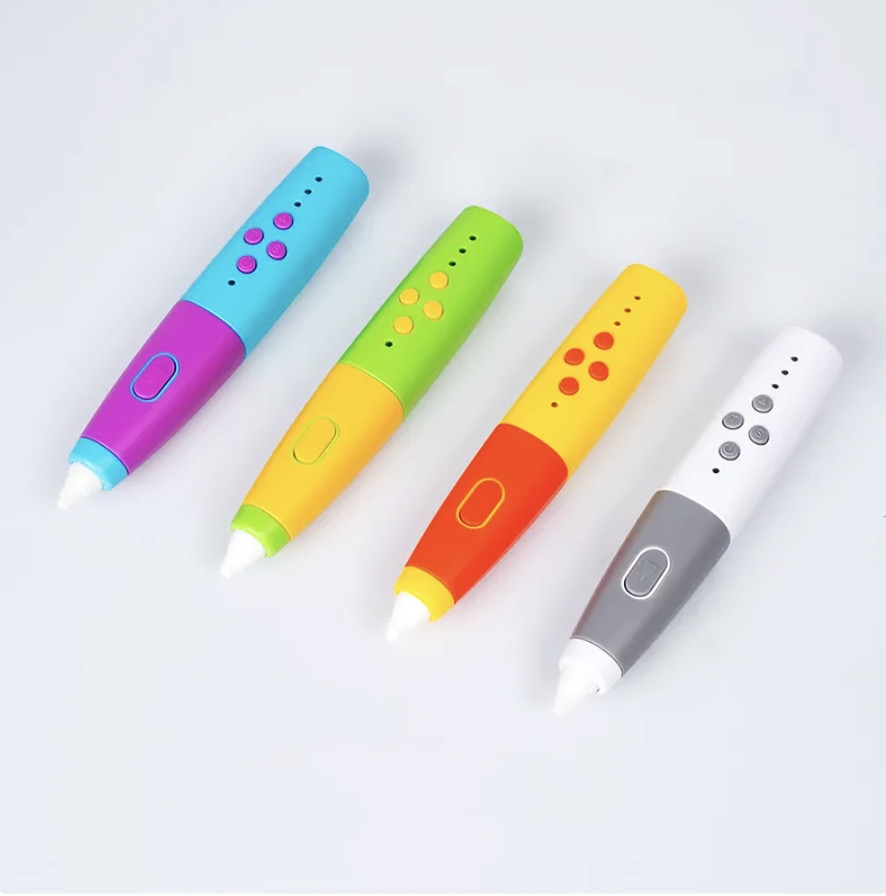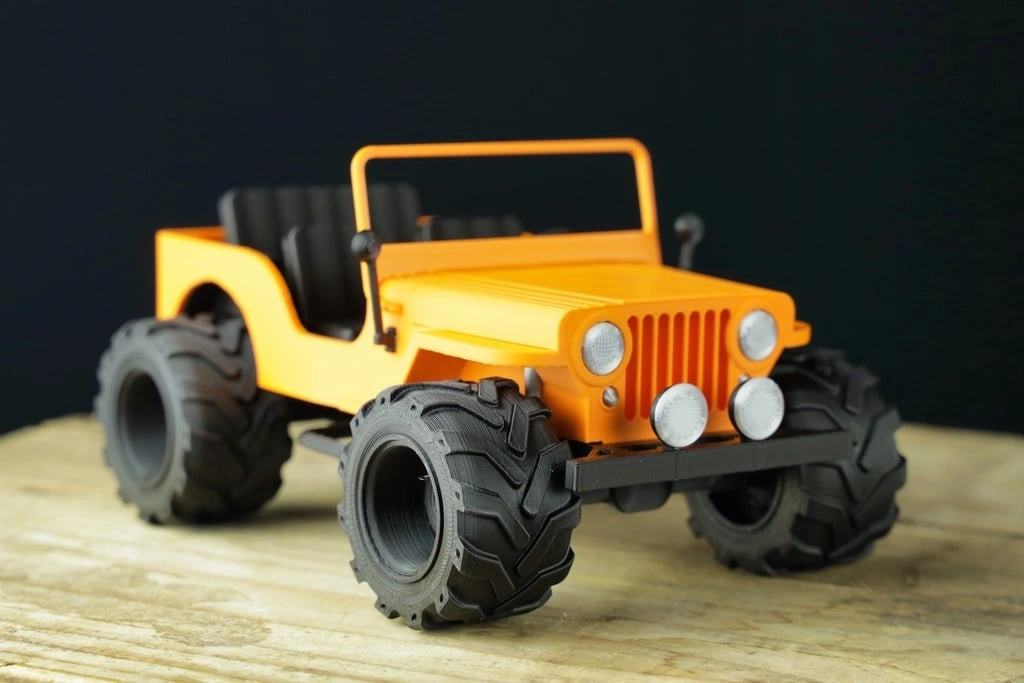What should I draw my 3D pen on?
Jul 29,2023 | 3D4Create
A 3D pen is an innovative new tool that allows you to draw in three dimensions. With a 3D pen, you can create freestanding structures and art by extruding heated plastic filament, which then cools and hardens.
But before diving into a new 3D pen project, it’s important to consider what surface you should use as your canvas. This guide covers the best and most recommended surfaces for 3D pen crafting.
I. Blank Canvases
Blank canvases make ideal backdrops for 3D pen art. Their flat, smooth surfaces provide the perfect foundations for your plastic drawings. Here are some great blank canvas options to consider:
1. Paper
Standard printer paper or heavy stock paper hold up remarkably well to 3D pen drawing. The paper gives the plastic something to grip onto as it cools. For more complex projects, try using Bristol paper, which is extra thick and smooth.
2. Cardboard
Cardboard is readily available and provides an ideal blank slate for 3D pen artwork. Try using corrugated cardboard from shipping boxes. The grooves give the melted plastic ample surface area to grab onto. For a smoother surface, use thick cardstock or mat board from craft stores.
3. Wood
Unfinished wood cutouts make rustic looking backgrounds for 3D pen art. Balsa wood sheets are lightweight and easy to work with. Wood is excellent for delicate wireframe drawings, as the plastic can bond tightly to the grain.
4. Canvas
Stretched artist’s canvas gives a professional look to finished 3D pen pieces. The fabric canvas has enough tooth for the plastic to adhere securely. Cotton duck cloth canvas works best. For more texture, try canvas board or gesso-coated canvas.
II. Found Objects
Natural and discarded items can be upcycled into one-of-a-kind 3D pen artworks. Get creative with these found object canvases:
1. Rocks
Interesting rocks, like those with indentations, make novel canvases for 3D pen drawing. The plastic will settle into the rocks’ nooks and crannies. Let your imagination wander across the rock’s surface.
2. Shells
Seashells lend a lovely organic look to 3D pen creations. Draw lines and shapes over their ridged exteriors. Shells like conchs, sand dollars and oysters work especially well.
3. Fruit Peels
Before throwing out thick-skinned fruit peels, consider reusing them as unconventional surfaces for 3D pen art. Citrus peels and banana peels take nicely to whimsical plastic drawings.
4. Leaves
Large dried leaves, like those from palms or elephant ear plants, introduce gorgeous natural textures to 3D pen artwork. Trace the leaves' veins or draw new designs over them.
III. Edible Creations
For an delicious artistic experience, try using food as your 3D pen canvas. Whip up cute designs on:
1. Cake
Baked cakes with frosting offer tasty surfaces for 3D pen art. Draw directly onto plain frosted cakes or fondant icing. Plastic adheres well to sugary substances. Use non-toxic 3D pen filament only.
2. Chocolate
Solid chocolate makes for scrumptious temporary 3D art. Sketch designs on chocolate bars or hardened chocolate drizzle. For best results, use high-quality chocolate with minimal surface oil.
3. Fondant
The thick, pliable icing fondant serves as an ideal edible surface for 3D pen masterpieces. Knead fondant until smooth and draw on top. Make cake toppers, figurines and more.

3D Printing Food (photo: allthat3d)
IV. 3D Templates for Easy Creation
Reusable plastic stencils provide helpful guides for beginners learning how to draw with 3D pens. Downloadable templates also offer digital assistance:
1. Downloadable Stencils
Find an abundance of free 3D pen templates online to print out on paper or cardstock. These digital stencils depict shapes like animals, holiday motifs and models. Place the printed template under a blank page and trace.

2. Make Your Own Reusable Plastic Stencils
Crafty artists can create their own reusable 3D pen templates. Use a 3D pen to draw outlines of common shapes onto thin plastic sheets. Let cool completely, then cut out the drawings to make stencils. Trace your homemade stencils anytime.

Handmade Plastic Stencils (photo: craftcuts)
V. Conclusion
The best canvases for 3D pen art are ones that can withstand the heat while providing enough grip for the plastic to hold. Going beyond paper and buying specially formulated grounds is not necessary.
With a little imagination, you can turn many ordinary materials into spectacular 3D pen canvases.
FAQS
1. What should I use my 3D pen on?
3D pens work best drawing in open air or on non-flammable surfaces like metal and glass. Avoid direct contact with paper, wood, or plastic as the melting plastic can damage surfaces. Use caution and supervision to avoid burns.
2. What plastic is best for 3D pens?
PCL, PLA and ABS are the most common filament plastics used in 3D pens. PCL is the best filament due to its low melting point. In addition, PLA is preferred for beginners as it's lower temperature and easier to control. Some pens also use flexible TPU or specialty filaments.
3. How do you draw in the air with a 3D pen?
Moving the pen smoothly and steadily, let the plastic flow naturally while controlling speed and direction. Keep movements perpendicular to gravity so the layers fuse and harden as you draw. Take care not to move too fast or press too hard.
See Also:
What Can I Do With a 3D Pen? 10 Cool 3D Pen Ideas
8 Cool 3D Pen Templates for Animals
The 5 Best 3D Pens for 2023 - Reviews by 3D4Create
5 Key Things You Should Look For When Buying a 3D Pen


